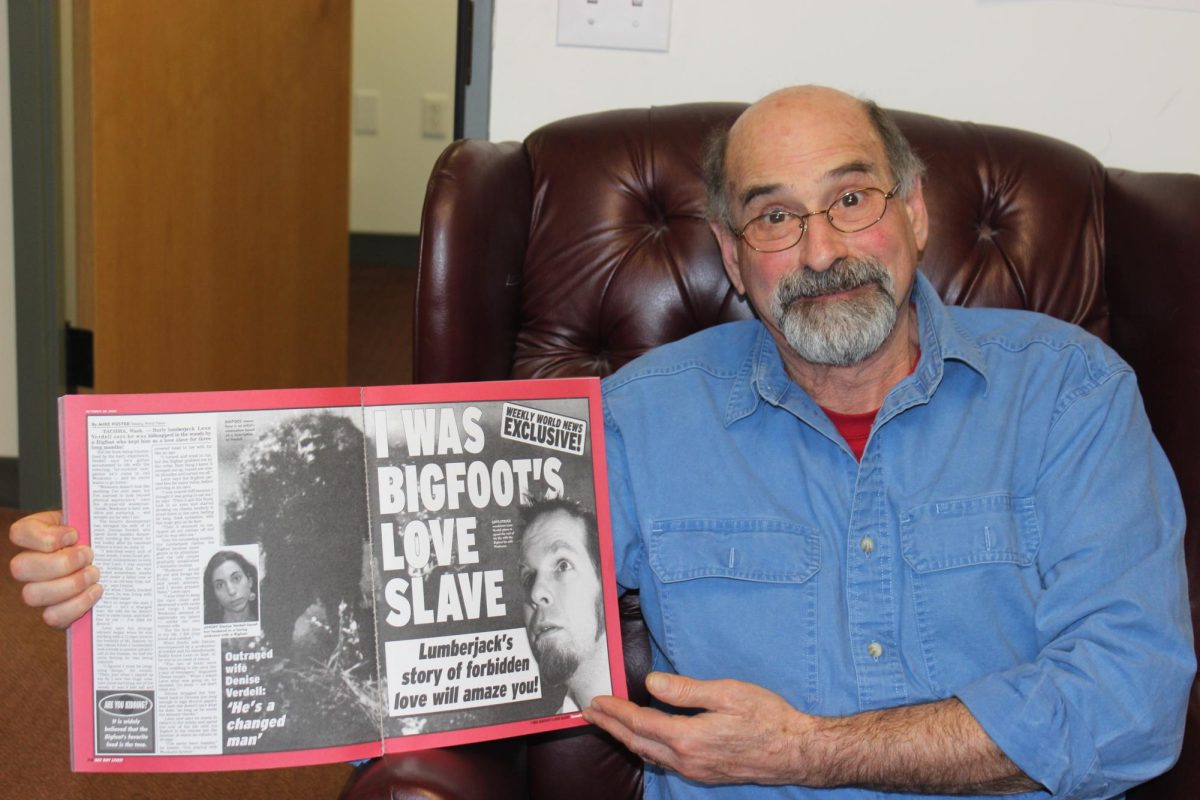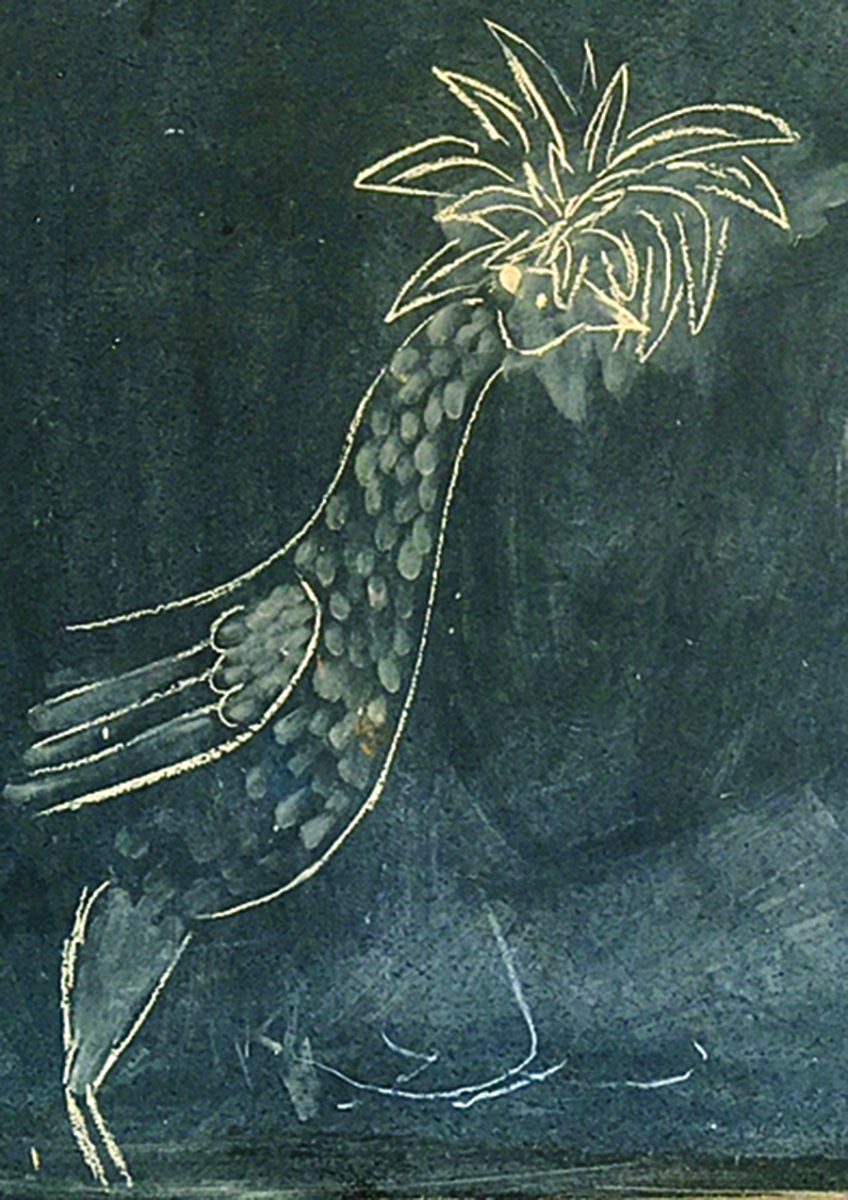I was wrong.
I wrote a large piece on Bruce Springsteen’s new album, “Wrecking Ball,” which was published last edition, and even there was significantly edited from its initial gargantuan incarnation. I lamented the loss of the Boss’s specific human stories, and cried for the Bruce Springsteen with whom I fell in love to come riding back in, rockin’ and rollin’ all the way. I failed to see much of value in the album. I was dead sure that “Wrecking Ball” was probably the worst album Springsteen had ever put out.
And I was wrong.
I think most critics have the strength of opinion of a flock of smirking sheep. There are only two I love and respect without end: Pauline Kael, film critic extraordinaire, and Robert Christgau, the self-proclaimed Dean of American rock critics. Both are known for their unapologetically honest opinions, often disagreeing with their contemporaries. Both are known for demanding a level of artistic honesty, but deeply appreciating simpler pop art.
I consider these guys my teachers. They don’t dictate my opinions–for example, Kael didn’t like “Star Wars,” which I enjoy, and Christgau never thought my favorite band was anything more than simply good–but they deeply influence the way I look at music and movies.
Well, Christgau just gave me another looking glass through which to view music, and it roots out all the strength I failed to see in “Wrecking Ball” before. In his piece on “Wrecking Ball,” Christgau calls those who are tearing the album a new one–like me–“good little aesthetes,” for preferring “finely limned characters” and not appreciating the “moral abstractions” in protest music.
I read this, I wondered if he was just tossing a potshot or if he had the reasoning to back it up (he always does), and re-listened to “Wrecking Ball,” weighing his points against mine. Damned if I didn’t love the hell out of it–even came to appreciate “Rocky Road,” which I so flowingly described as “shit.” Worthy political music requires the finely limned characters I wanted (and saw nowhere within two worlds of “Rocky Road”), but worthy protest music can achieve an emotional message, with relief in tow, through the abstract images and seemingly lofty morals I’d wanted to tear off the CD.
This was a valuable lesson, the kind of lesson in which one’s become so self-assured in their learning they lambast what they dislike, without thought of consequences, before the teacher verbally slaps them in the gut (“good little aesthetes,” that did the trick). It was also a lesson in the fragile balance between viewpoints, and the difference it makes in finding beauty.
“Wrecking Ball” doesn’t now seem good because I’ve loosened the tightness of my critical squint, but because I’ve stopped squinting and looked around. Until it happened to me, I wouldn’t have known what the hell that meant. But once it happens to you, you might appreciate it–at this point in the semester more than any other.
Tom Benton
Editor-in-Chief









